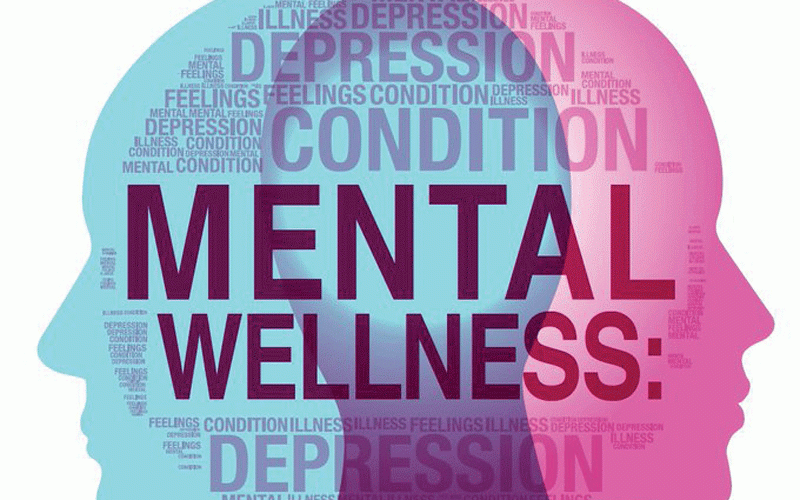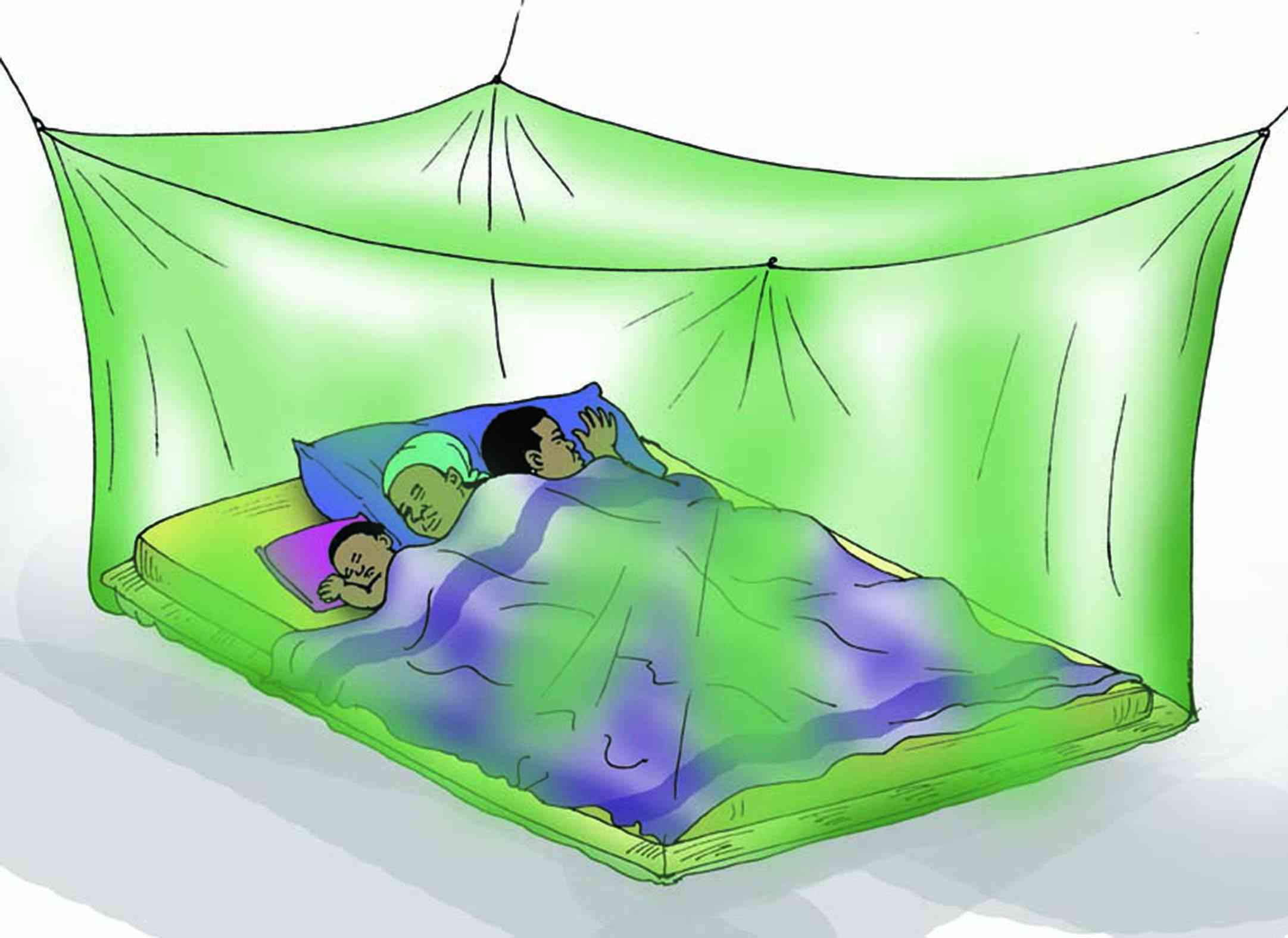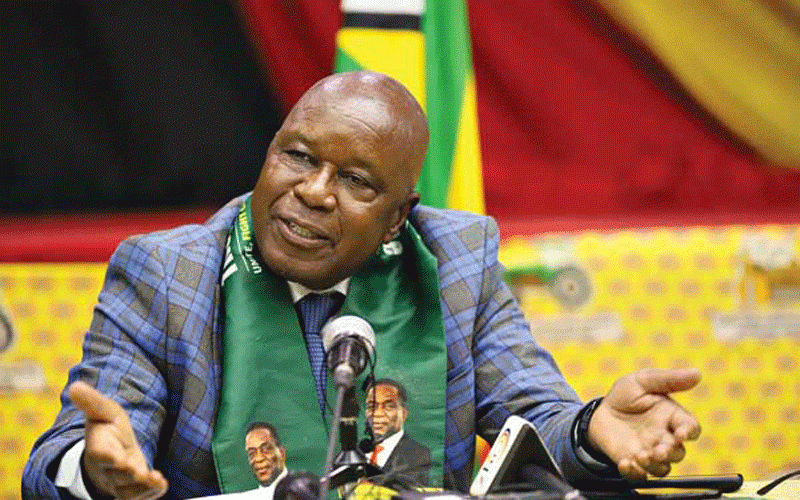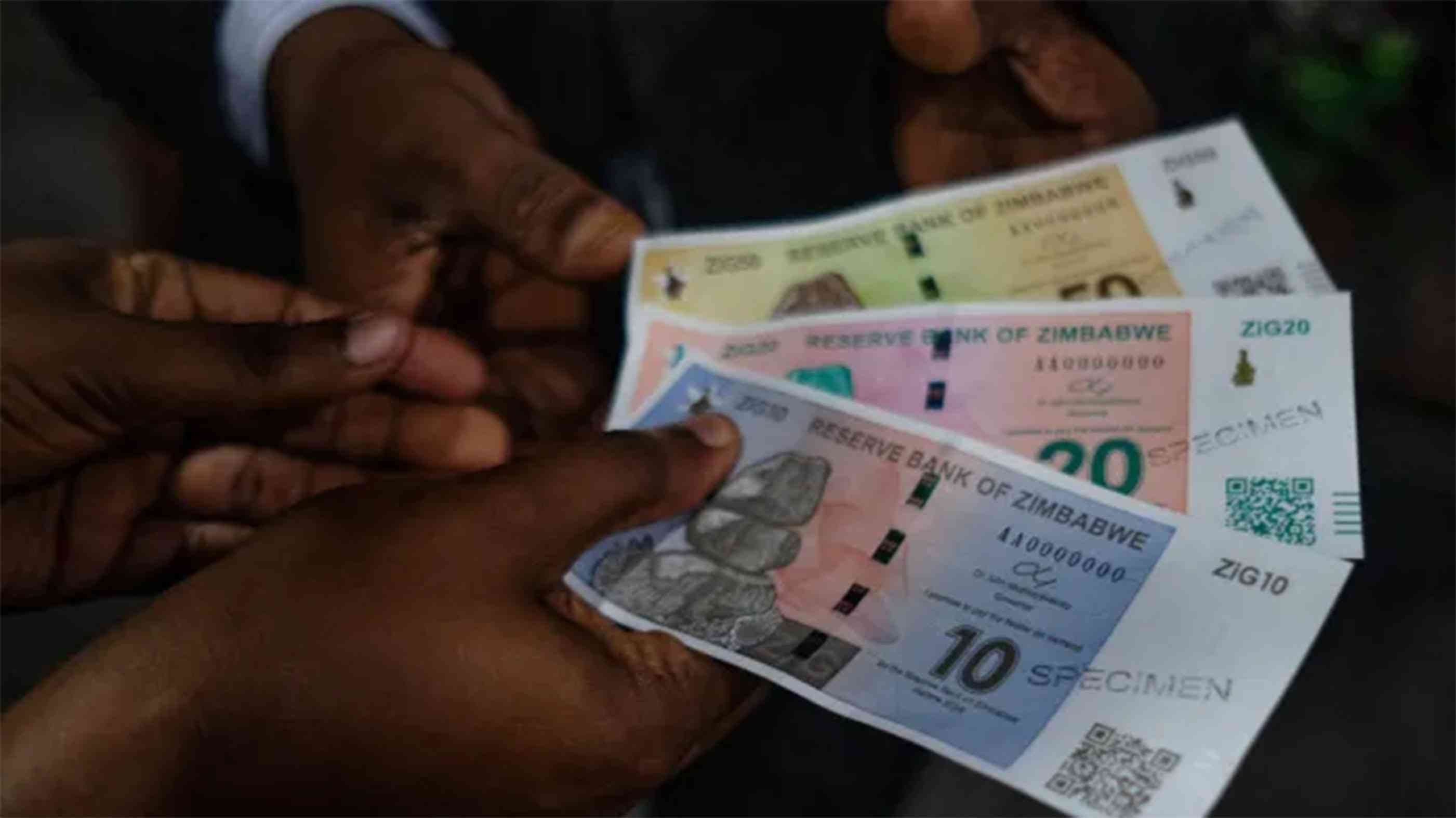
LAST night I read a thought-provoking article written by a professional colleague in South Africa about problems affecting people across the Limpopo.
This jolted my mind to quickly make a soul-search and reflection on the state of happiness and mental well-being in Zimbabwe.
Just last week on March 20, we celebrated International Happiness Day, whose theme this year is “Happiness together”, meaning lasting happiness comes from feeling connected to others and being part of something bigger.
The Global Mind Project’s Mental State of the World Report 2023 sheds light on the challenges faced by Zimbabweans in finding happiness amidst adversities.
The country ranked low on mood and outlook, but scored highly on adaptability, resilience, drive and motivation, which speaks to the traits deeply ingrained in our cultural fabric.
Not many other nationals could survive what Zimbabweans have gone through in the past three decades or so.
Despite the resilience, Zimbabweans are grappling with issues that affect their well-being, primarily stemming from the country’s economic and socio-economic environment.
Indeed, they have demonstrated remarkable resilience and adaptability in the face of difficulties.
- Mavhunga puts DeMbare into Chibuku quarterfinals
- Bulls to charge into Zimbabwe gold stocks
- Ndiraya concerned as goals dry up
- Letters: How solar power is transforming African farms
Keep Reading
Zimbabweans’ ability to persevere and find innovative ways to survive and overcome challenging circumstances, demonstrates the indomitable spirit of the people.
However, that fighting and survival spirit is slowly being snuffed out. The rapid deterioration of the economic situation in recent months has tested the limits of ordinary people’s endurance and resourcefulness.
Almost every person I have been speaking to has hit hard times. At parties, funerals and interactions at shopping centres, the conversation is the same. “How are you surviving?”, “It’s now unbearable” and “I really can’t take it anymore”.
The escalating economic crisis, characterised by hyperinflation, currency instability, and dwindling access to basic necessities, poses a great threat to people’s mental well-being.
It is impacting negatively on happiness.
How can it not when more than half the population is languishing in the misery of structural poverty and its effects.
Despite their drive and motivation, the economic hardships can surely erode optimism and strain the coping mechanism of even the most resilient individuals and communities.
The Global Mind Project’s work aligns with the World Health Organisation’s definition of mental well-being, which looks at people’s ability to cope with stress and contribute to society.
The project used responses from 500 000 people in 71 countries covering nine regions, including Africa.
It measured different aspects of mental health such as mood, social self, motivation, adaptability, cognition and mind-body connection.
It found that there has been a decline in mental well-being as of 2019, which worsened, during the Covid-19 pandemic as people’s stress levels increased and their ability to “contribute” to their society declined as a result of lockdowns.
The report further states that even though the globe emerged from the pandemic, there seems to be a resultant normalisation of decreased mental health.
Additionally, Zimbabwe, once dubbed the “breadbasket of Africa”, has been plagued by extreme poverty and a deteriorating economy. The economic crisis, which has exacerbated social inequalities, has led to high unemployment of over 90%, limited access to basic services and a staggering poverty rate. Such dire circumstances inevitably take a toll on the mental health of citizens, fuelling feelings of hopelessness, anxiety and depression.
The country is experiencing a frightening surge of drug and alcohol abuse, more so, among the youths.
This is a very depressing state of affairs. The government needs to find solutions that give hope to ordinary people and build trust in institutions to lessen the psychological impact on communities.
The state has to take this matter seriously and adopt measures to ensure the well-being of its citizens.
Otherwise they will preside over a nation of depressed and distressed citizens.
The government should commit to the pursuit of happiness and well-being for all Zimbabweans. The authorities should address the underlying socio-economic challenges and prioritise mental health.











